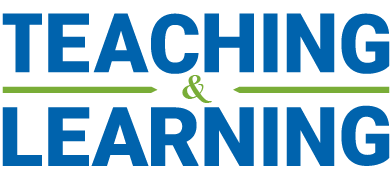Academic Honesty
Tips & Considerations
- With your Learning Outcomes in mind, consider alternative formats and tools available when designing assessments.
- Set aside time to design, build, test, and release new assessments.
- Use the Canvas ‘Student View’ feature to view course items as your students would.
- Understand WHY and HOW students may commit an infraction:
WHY?
- Time / Grade pressure
- Easy access to unauthorized resources
- Lack of academic honesty reinforcement
- Complicated or confusing instructions
- Too many deliverables at once
- Unmanageable expectations
- Simply unaware of academic policies
HOW?
- Plagiarism (individual & group)
- Unauthorized Tools or Resources (accessing internet solutions or previous assessments through “study aid” websites)
- Aiding and Abetting / Unauthorized Collaboration
- Avoid / Alter assignments from previous terms & textbook Q/As easily found online
- Previous Q/As may be easily found online. If you can find them, so can others.
- Consider reviewing older assessments as an opportunity to help prepare students.
- Revision Example: Reword a multiple choice question for a different response.
- Manageable Assessments & Weekly Workloads
- Design assessments to prevent academic infractions vs. assuming they will occur.
- Scaffold large assignments and give timely feedback. Ex: Require drafts or iterations vs. everything at once.
- Coordinate deliverables and time expectations across courses where able.
- Mention use of Turnitin as a deterrent and to check for plagiarism
- Highlight academic honesty expectations throughout the course:
- In the course syllabus.
- Discuss during class time.
- Announcement in Canvas prior to assignments.
- Require citations and a bibliography.
- Require students to sign an Academic Honour Statement early in the course.
- May be included as a standalone Quiz or Assignment, or embedded within assessment instructions.
- See ‘Academic Honour Statement’ section below for a downloadable example and more details.
Additional Suggestions
(Select to expand and review the following sections)
Learn More
- ‘Designing Online Assessment’ video & PPT slides: Review the related SCTE session for more tips and considerations.
- Academic Honesty Policies, Procedures, and Guidelines & Schulich’s Academic Honesty Policy.
- Turnitin Tool: Flags content in student submissions that is similar to content in TurnItIn’s database.
- Academic Honesty modules: Interactive stories identifying common AH infractions and strategies to avoid them.
- Assessment Design in the Online Classroom with Instructor Alex Fisher: T&L post with assessment tips and examples.


